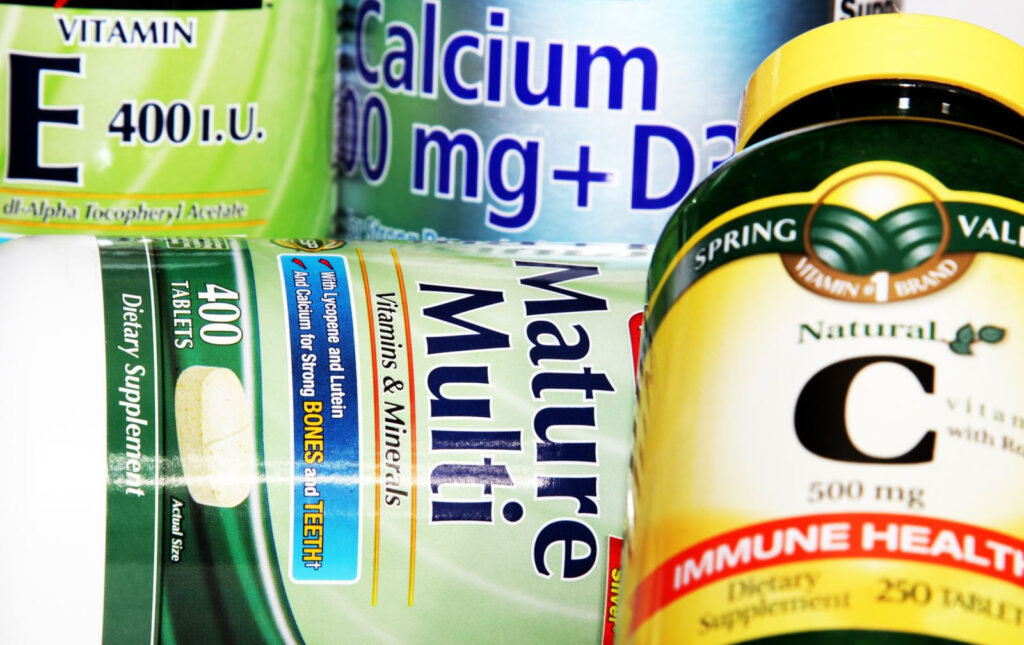Many people turned to high‑dose vitamin C tablets in recent years hoping to “boost immunity,” yet for most healthy adults a food‑first approach easily meets daily needs and delivers fibre, phytochemicals, and other micronutrients that pills lack. A varied diet typically provides sufficient vitamin C without separate supplements, and nutrition guidelines emphasise meeting requirements primarily from foods whenever possible. (
Vitamin C is water‑soluble and the body tightly regulates absorption. Uptake is highly efficient at modest intakes but declines as doses rise; above roughly 500 mg the absorbed fraction falls, and once plasma is saturated excess vitamin C is filtered by the kidneys and excreted. At intakes above about 1 g/day, less than half may be absorbed, so megadoses are largely wasted.

What about colds and day‑to‑day immunity? Large evidence reviews show that routine vitamin C supplementation does not stop most people from catching colds. It can modestly shorten cold duration single‑digit percentages in adults and somewhat more in children and appears more protective for people exposed to extreme physical stress such as endurance exercise in very cold conditions. Taking vitamin C only after symptoms begin has not shown consistent benefit.
Very high intakes are not risk‑free. Gastrointestinal upset (diarrhoea, cramps) is common when exceeding the adult tolerable upper intake level of 2,000 mg/day. High supplemental doses have been associated with increased kidney stone risk in some groups and can interfere with certain laboratory tests. Because vitamin C enhances non‑heme iron absorption, heavy supplementation may be problematic for people with iron overload disorders. Experimental work has also explored possible pro‑oxidant effects at extreme intakes, though the clinical relevance in healthy people is unclear.
Supplementation can be appropriate in targeted situations: smokers (who have higher vitamin C turnover), people eating very limited diets, individuals with malabsorption syndromes or certain chronic illnesses, and others whose medical circumstances limit intake. Older adults with poor appetite, people recovering from illness, and those on dialysis are additional groups that sometimes require supervised supplementation. Pregnancy and breastfeeding increase needs that may occasionally warrant a supplement if diet falls short. In such cases, professional guidance helps tailor safe dosing. (
Practical take: build meals around vitamin C‑rich produce citrus, peppers, berries, broccoli, tomatoes, potatoes, and leafy greens. Adult daily needs are about 90 mg for men and 75 mg for women; add 35 mg if you smoke. Stay below 2,000 mg/day from all sources unless advised otherwise, and seek personalised advice if you are unsure about your status. (

